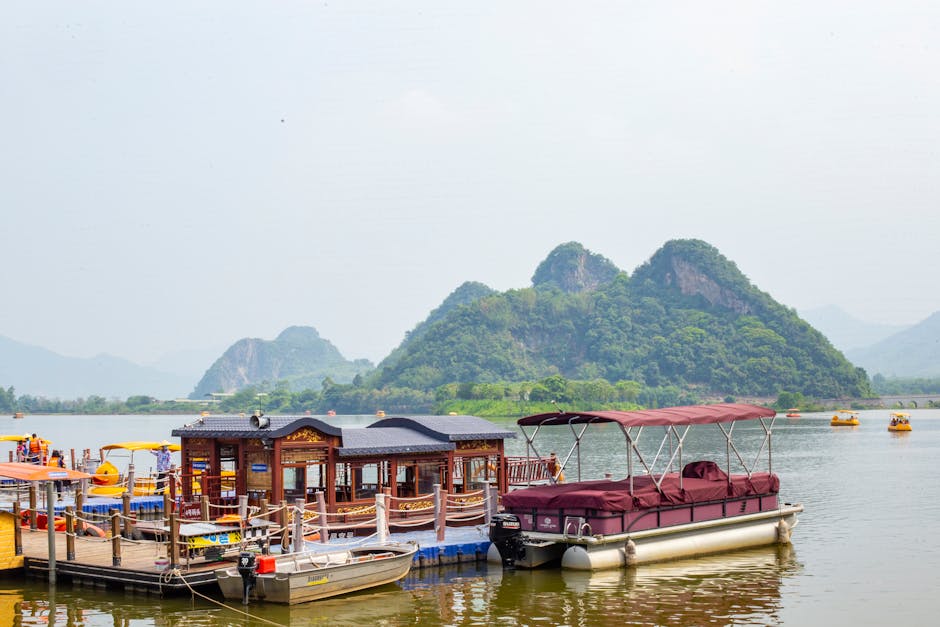During a recent inspection in Guangxi, Wang Huning emphasized the importance of deeply rooting the consciousness of the Chinese national community in the soil of Guangxi. As a member of the standing committee of the CPC Central Committee and chairman of the CPPCC National Committee, Wang Huning pointed out that Guangxi needs to adhere to General Secretary Xi Jinping’s guiding thoughts on national work, embed the consciousness of forging a strong Chinese national community into the Party’s work on nationalities and all affairs of ethnic areas, spanning through economic, education, employment, community construction, and cultural development aspects, persist in the path of solving ethnic issues with Chinese characteristics, and actively promote the national work of the Party in the new era.

Wang Huning had also previously conducted research in Xinjiang, Tibet, Yunnan, and other regions, where the key theme of the research was always the consciousness of forging a strong Chinese national community. During his trip to Guangxi, he specially visited many areas in Chongzuo City and Fangchenggang City, comprehensively understanding the progress of integrating this consciousness into campuses, rural areas, enterprises, as well as the creation of ethnic unity and progress, inheritance of ethnic cultures, ecological protection, and rural revitalization.
It is worth noting that Guangxi, being the autonomous region with the largest population of ethnic minorities in China and the first to advocate the construction of a demonstration area of the Chinese national community consciousness, bears the important responsibility of leading the country’s ethnic unity and progress. General Secretary Xi Jinping had emphasized during his inspection of Guangxi the significant meaning of continuously deepening the work of rooting the consciousness of the national community in stabilizing ethnic unity, social stability, and frontier peace. Following the collective study by the Political Bureau on the consciousness of forging a strong Chinese national community, Wang Huning’s visit represents the central government’s in-depth research on the relevant practices in Guangxi, reflecting the continuous attention to and promotion of this topic.
Chongzuo City is a prefecture-level city in Guangxi with a very high proportion of ethnic minority populations, where the Zhuang population accounts for nearly 90%, making it the most concentrated prefecture-level city of Zhuang population in the country. Among the Chinese border cities, Chongzuo also holds unique characteristics, having several county-level administrative regions bordering Vietnam, thus becoming the city with the most number of ports in China.
Neighboring Fangchenggang City, separated only by a river from Vietnam, had 51.36 million people from 37 ethnic minorities living there by the end of 2022, making up 50.2% of the total population of the city, spread across its four counties (cities, districts).
During the recent Guangxi inspection, senior leadership emphasized the importance of “deepening the research on fundamental and significant issues of the Chinese national community.” During the inspection trip in Nanning, leaders visited the Guangxi Museum, Guangxi University for Nationalities, and Fengling North Community in Qingxiu District. They proposed that Guangxi should fully utilize archaeological artifacts, cultural sites, and historical materials, deepening research from the perspective of the Chinese national community, grasping and constructing historical narratives and discourse power.
Furthermore, in a recent article published in the “Qiushi” journal, Xi Jinping emphasized “forging a strong consciousness of the Chinese national community and promoting high-quality development of the Party’s work on nationalities in the new era,” focusing on the optimization of academic construction and research directions. The article advocates for breaking away from the constraints of Western theories on ethnicity and discourse systems, and accelerating the construction of China’s own historical materials, discourse systems, and theoretical frameworks.
During the relevant research period, specific demands were raised, emphasizing the need to effectively promote the work of forging a strong sense of community among the Chinese nation. It is necessary to focus on shared ideals and beliefs as the core to unite and strengthen the soul, enhance the construction of the theoretical system of the national community, deepen the creation and educational efforts around national unity and progress, promote mutual contacts, exchanges, and integration among ethnic groups, implement actions to enrich the people and develop border areas in the new era, and increase the public’s sense of identification with the motherland, the Chinese nation, culture, the Communist Party of China, and socialism with Chinese characteristics. Furthermore, the emphasis was placed on strengthening the Party’s comprehensive leadership over ethnic affairs, and on improving its capability and level in advancing the Party’s work on ethnic affairs in the new era.



